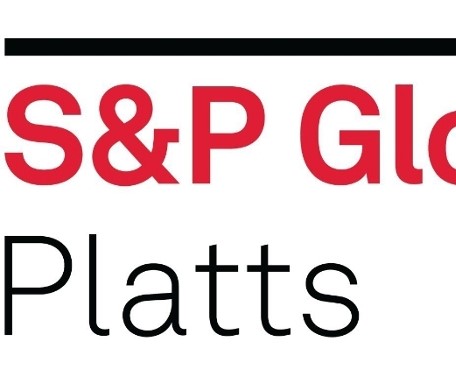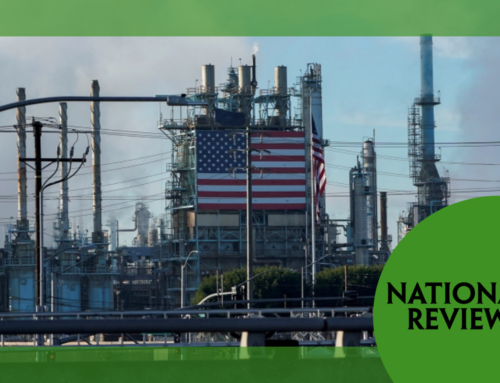Courtesy of SP Global Platts – Janet McGurty
Meridian Energy is getting a warm Texas reception as it looks to replicate its more environmentally friendly North Dakota refinery in the Permian Basin, according to CEO Bill Prentice said.
Meridian’s 49,500 b/d refinery in Davis, North Dakota, geared to optimally run local Bakken Shale crude, will be completed by the third quarter of 2020, later than planned and slightly redesigned with just one crude unit to meet lower Minor Source Operating Permit emissions criteria.
Unlike North Dakota, Texas’ environmental regulators are accustomed to refineries, with about 30% or 5.7 million b/d of the US’ total refining capacity located in the state. So, Meridian’s plans to build a 60,000 b/d refinery in the Delaware Basin, in the western part of the Permian Basin, has met with an easier regulatory climate. Prentice said Meridian expects to apply for a permit for its Permian project in the next three months. “So we will be up and running in about three years,” he said.
CAN’T MOVE FAST ENOUGH
Crude and condensate production in the West Texas and New Mexico basin continues to grow. S&P Global Platts Analytics estimates November crude production in the basin reached 3.8 million b/d, and is set to rise an additional 660,000 b/d in 2019.
Continued growth is also “lightening” the crude. The newer NYMEX WTI Houston contract allows for 40 to 44 API gravity and 0.275% sulfur, compared with 0.42% sulfur and 37 to 42 API gravity specifications for its benchmark light, sweet crude contract. “There is surplus 36 and 38 gravity stuff people don’t seem to want. So maybe we will take a look at that for part of the feedstock,” Prentice said.
And as pipeline takeaway capacity comes online and US Gulf Coast refiners run maximum light sweet crude slates, the price difference between the Permian and USGC refinery and export price point at Magellan East Houston (MEH) is shifting. While the front-month relationship has widened by 60 cents/b week on week, with the weekly average for MEH holding a $8.30/b premium to Midland, the second-month prices show a narrowing of the spread, with MEH holding a $7.08/b premium to WTI Midland, compared with $7.34/b a week earlier.
However, these changing crude spreads, increased pipeline takeaway capacity and crude exports do not worry Prentice. “I can’t comment on them now, but it’s worth noting one pipe going next to our property carries one tenth of US crude production,” he said, alluding to the joint 1 million b/d pipeline planned by ExxonMobil, Plains All American and Lotus Midstream. “We’re an alternative to that takeaway capacity,” he added.
PERFECTLY SITED
The refinery location, on the eastern side of the Delaware Basin, is a perfect location thanks to midstream partner Winkler Companies, Prentice said. “Winkler reached out to us and we were glad they did. We were looking at sites closer to [Crane, Texas]. We hadn’t really looked in the Delaware,” he added.
The site is located on a big ranch that does not want to sell the property, so Meridian and Winkler have a master lease relationship. Winkler will handle all the logistics, blending and midstream functions. “What we would love to do is just to focus on cooking oil within our fence line. And not have to worry about other things like material handing, and storage,” he said.
Visit Platts Here (www.SPGlobal.com)







Leave A Comment